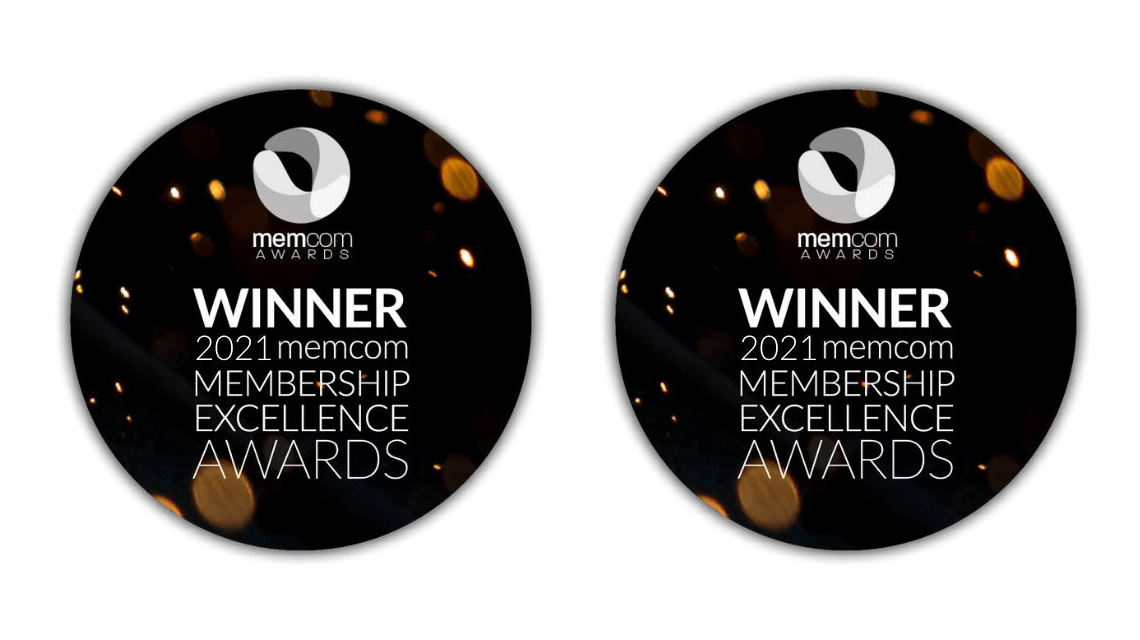The word ‘diva’ was linked to a surprising celeb last week, following allegations of unethical behaviour from the market-leading publication for the over-50s, Saga Magazine. PR Account Director, Nicola Collenette, shares her thoughts on the #Sagasaga and the ethical workings of the relationship between PRs and journalists.
BBC presenter Clare Balding seems to have been thrown under the bus thanks to some zealous PR work and toadying editors, which has led to a catchy Twitter hashtag: the #Sagasaga.
An experienced freelance journalist who interviewed Balding for the magazine's cover story reported to The Observer at the weekend that complete copy approval from the client had transformed her feature for the worse.
The magazine editor reportedly agreed that the interview should be amended so that less focus was placed on Balding’s sexuality, and more emphasis on how ‘lovely’ she was. The journalist disagreed and proceeded to request that her byline was removed from the article.
When approached for a quote, Saga sent the following statement: ‘Saga Magazine edited the interview with Clare with the involvement of the writer, who suggested we add lines ourselves. It was the editor’s view that the original article did not cover the wide range of issues that Clare holds dear. The writer is mistaken in thinking that copy approval was given. It was not.
‘Saga Magazine does not offer copy control, and interviews that require it are declined. In this case, quotes were checked for accuracy alone. New quotes were sourced to rebalance the article against deadline.
‘It is the editor’s decision alone to edit an article that is not exactly right for the magazine and Saga Magazine does not defer that decision to PRs or interviewees.’
Public relations agencies have been attacked by a number of showbiz reporters as a result of this argument – being called out for unethical working practices which make the lines between editorial and adverts for their clients not so much blurred, but more one and the same.
Our team, made up of former journalists and marketing experts, would never dream of demanding copy approval from our network of media contacts. However, it is a widely recognised practice that for more technical pieces it is wise to liaise carefully with journalists to ensure that all facts are correct, to protect our clients’ reputations.
Journalists are relying more and more on PR firms as budgets are increasingly stretched on print magazines. There is no sense in them attacking the hand that feeds them, and vice versa for PRs who put down the work that their overstretched media targets have to get through in order to produce high-quality content.
The timing of this debate couldn’t be better: October marks the CIPR’s Ethics Festival 2017 – a programme of initiatives aimed at promoting integrity in PR. Ethical PRs need to be championed: the industry has an image problem following the Bell Pottinger scandal, decades of hype around spin doctors and the perceived explosion of fake news.
Mobas will be taking part in the CIPR’s nationwide initiative with a ‘PRactising Ethically’ event at our Cambridge office on 31st October from 6pm to 8.30pm. We will be hosting an informative, challenging and fun workshop event to help practitioners navigate the ambiguity between theory of PR ethics and practice. Throughout the evening workshop, we’ll explore real-life scenarios in a gameplay environment so fellow PRs can feel confident knowing how to apply best practice should reality bite.
